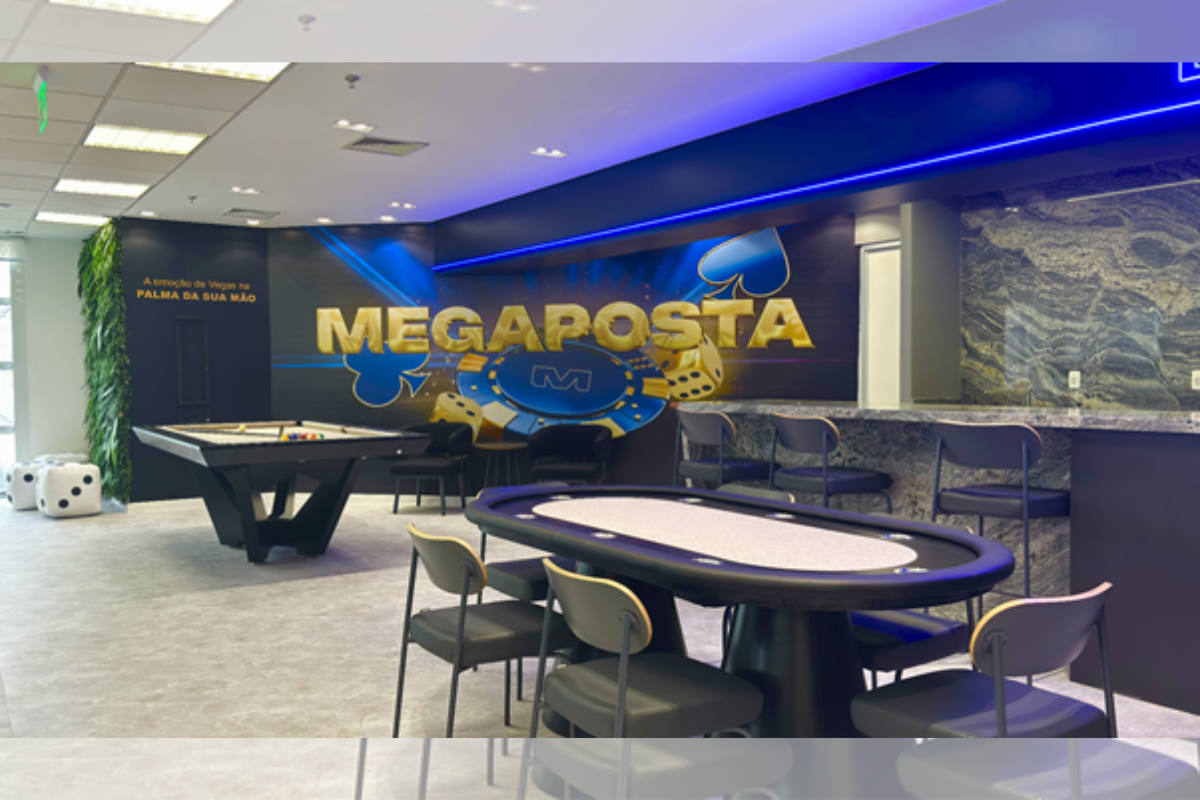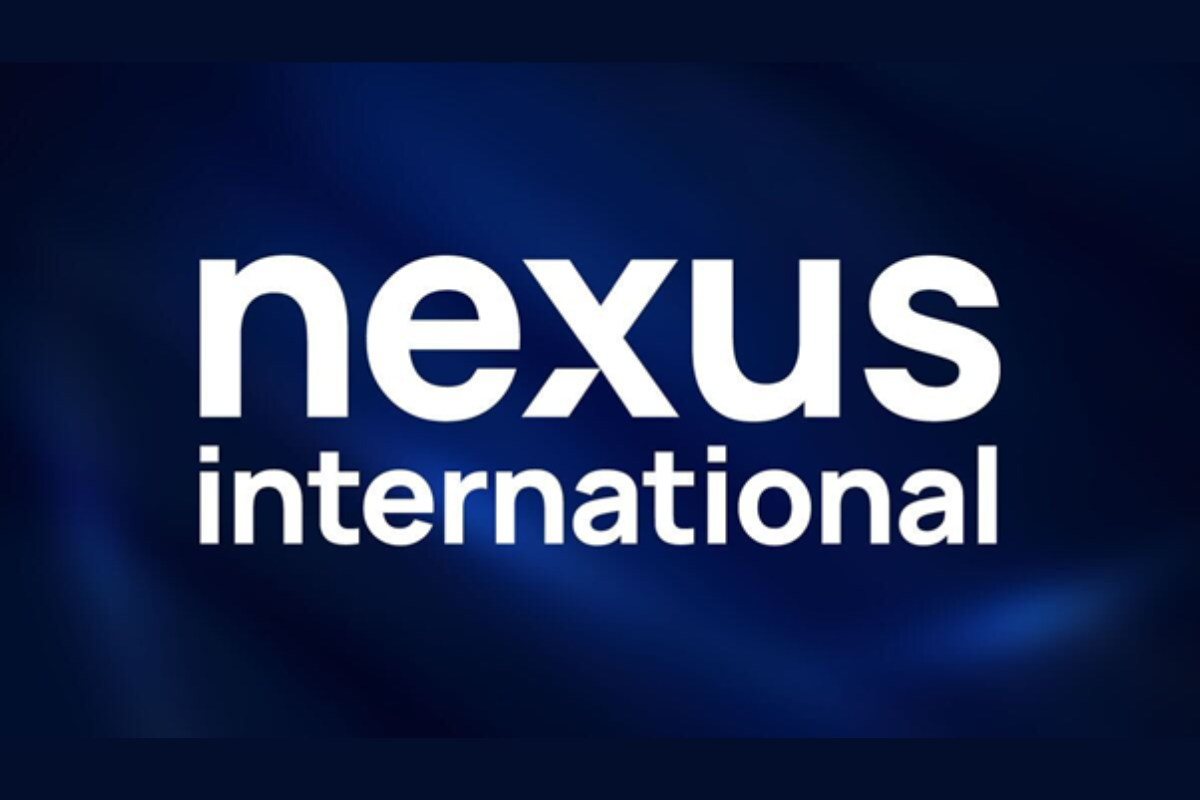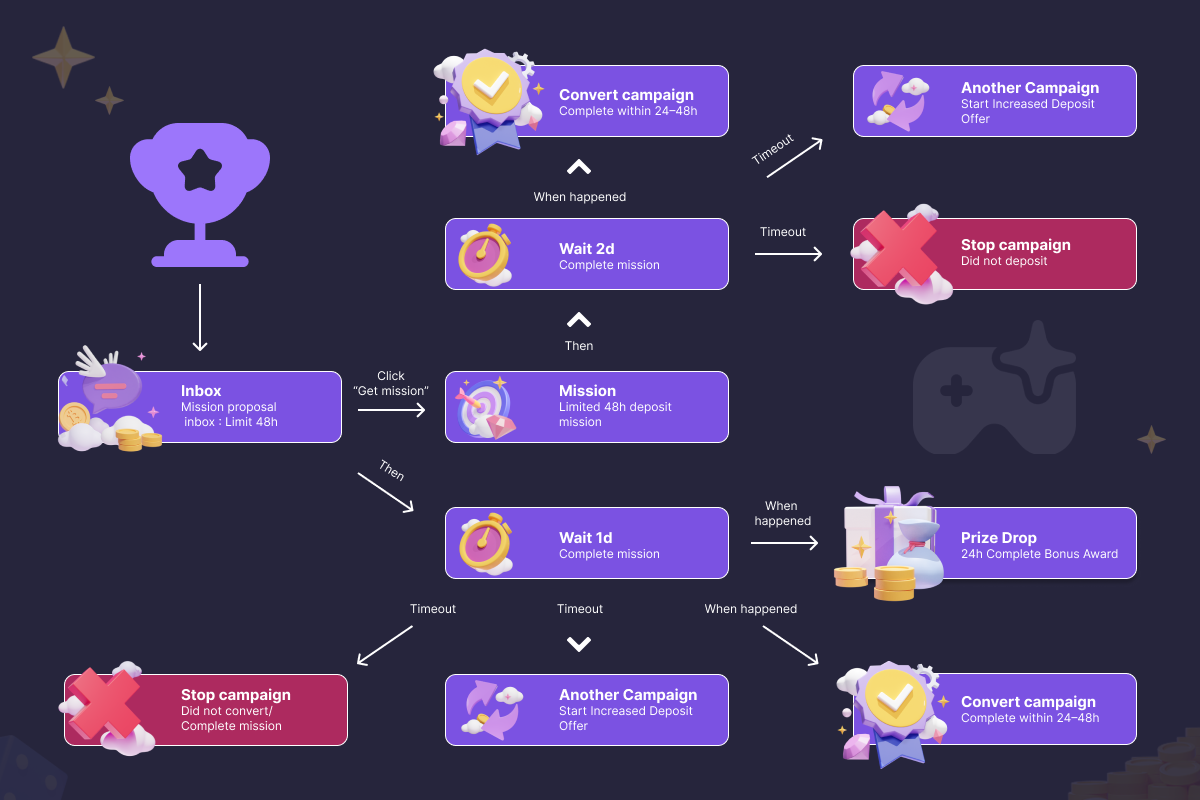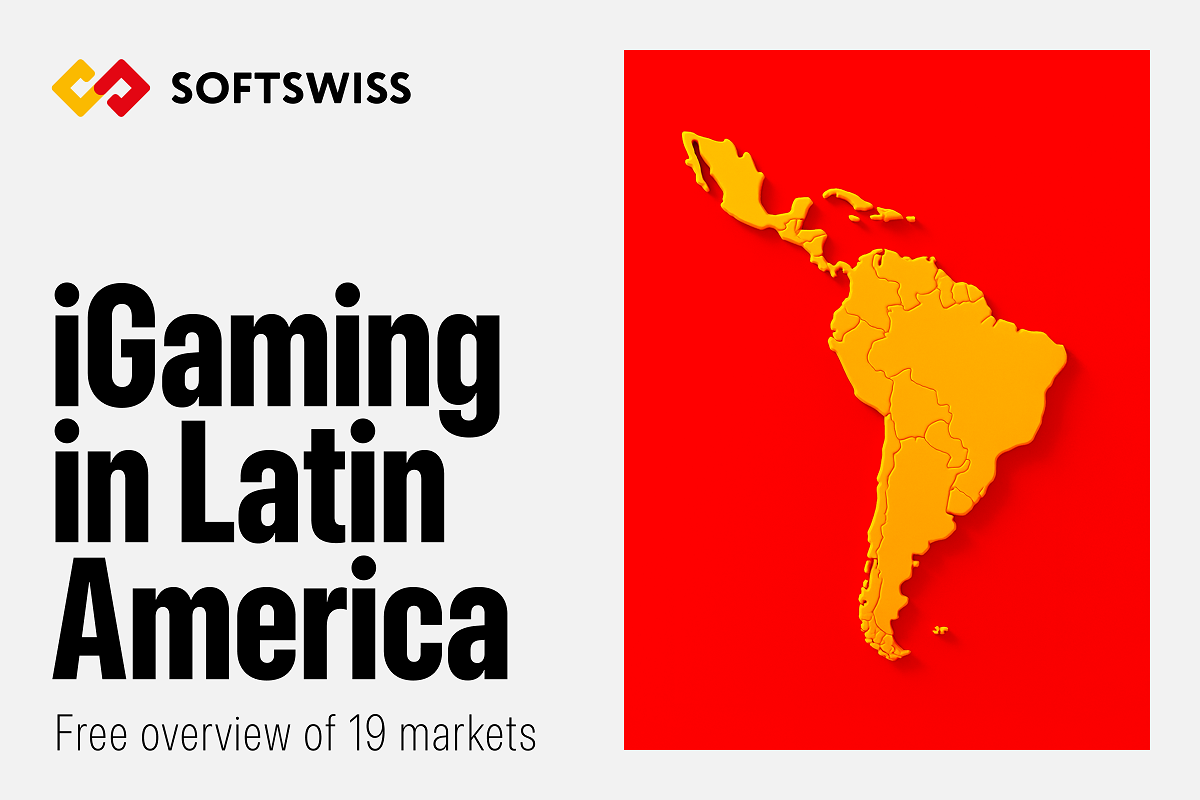Latest News
After $546M H1, Gurhan Kiziloz Bets on Brazil With Nexus HQ While Giants Look West
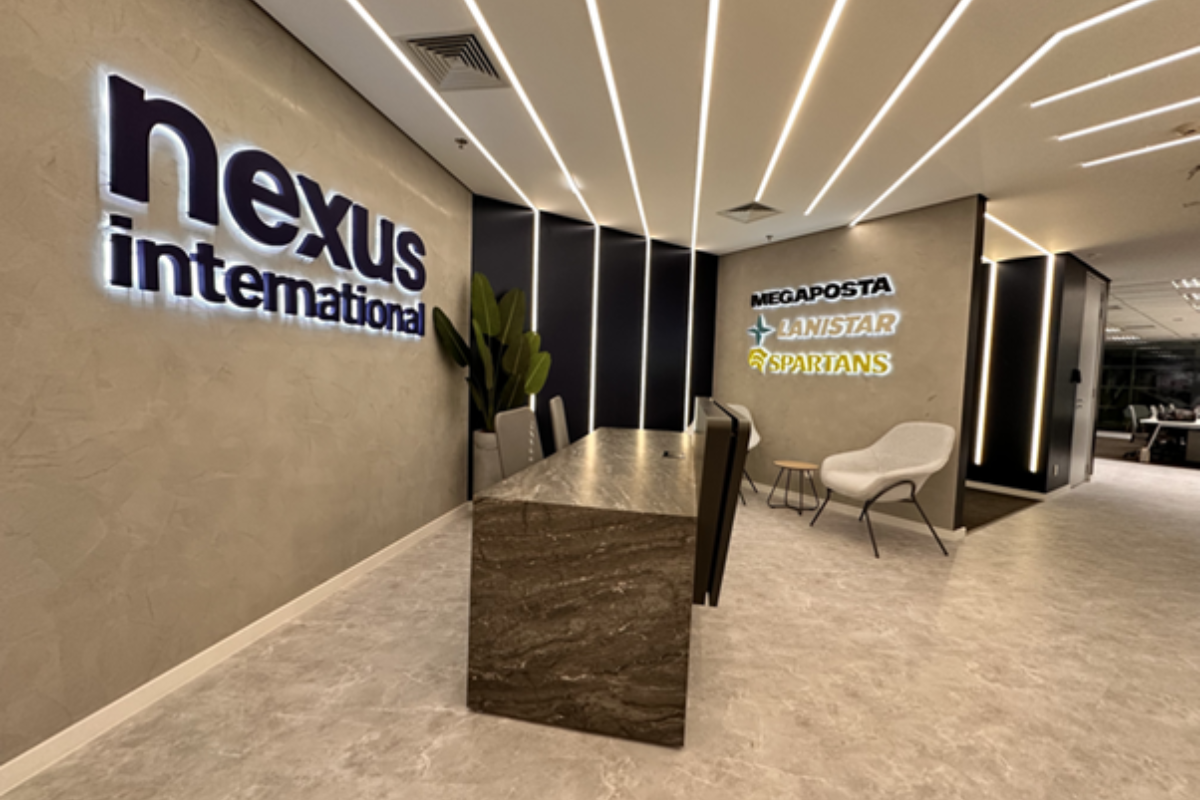
When Nexus International announced it would base its first global headquarters in São Paulo, the decision raised eyebrows across the iGaming sector. Most of the world’s top operators — including Bet365, FlutterBf Entertainment, and DraftKings — have historically anchored their global operations in Europe or North America, close to capital markets and established regulatory centers. But founder and CEO Gurhan Kiziloz has charted a different course. For him, São Paulo isn’t a symbolic address in a growing region, it’s a deliberate shift in how an operator aligns its infrastructure with proven revenue drivers.
That conviction is rooted in hard results. In the first half of 2025, Nexus International recorded $546 million in revenue, more than double its 2024 full-year figure of $400 million. The performance placed the company among the global Top 100 gaming operators by revenue, a benchmark usually associated with firms backed by large institutional investors or long-established gaming houses. Instead, Nexus reached this position through a self-funded, lean model and a market-first strategy that put Brazil at the center.
Brazil’s iGaming sector has been in transition since the implementation of Law 14,790/2023 in December 2024, which introduced formal licensing, fixed-odds betting regulations, and mandatory player verification through mechanisms such as facial recognition and Central Bank–linked payment accounts. For many international operators, the rollout slowed growth as technical and compliance adjustments lagged behind regulatory deadlines.
Nexus International took a different approach. Its Megaposta platform, one of three core brands under the company, entered Brazil early and aligned its systems with the new requirements before they were enforced. This allowed Megaposta to launch as a fully compliant platform from day one, avoiding the onboarding disruptions reported by larger competitors.
By moving its global HQ to São Paulo in mid-2025, Nexus is signalling that Brazil is not just another market — it is the center of its global operations. The office will oversee Latin American activities, serve as a hub for regulatory coordination, and provide a base for commercial and product teams. The choice reflects Nexus’s strategy of investing where performance is already proven, rather than pursuing broad but thinner global coverage.
In contrast to industry giants, which often pursue rapid multi-market expansion supported by IPOs or private equity funding, Nexus has taken a controlled scaling approach. Each new market is entered only once operational and compliance frameworks are ready and existing projects have demonstrated sustainable returns.
This has been possible because Nexus is privately held and entirely self-funded, without shareholders pushing for short-term revenue gains. Gurhan Kiziloz has emphasized that the absence of a formal board allows decisions to be made quickly, based on real-time data and operational metrics. This lean governance model has supported rapid pivots in regulated environments, where delayed responses can be costly.
Yet this structure also concentrates accountability. In a sector where compliance missteps can result in license loss, the risks fall directly on the leadership team. Kiziloz has acknowledged this openly, noting that independence comes with responsibility but also provides clarity: decisions are made internally, and their outcomes — positive or negative — are owned in full.
The move into Brazil has not only accelerated Nexus’s revenue growth but also reshaped its standing within the global industry. Crossing the $546 million H1 mark placed the company in the Top 100 gaming operators worldwide, alongside names like Flutter, which posted over $12 billion in 2024 revenue, and Betsson AB, a long-established European operator.
Nexus remains smaller in scale than these global leaders, yet its rapid rise challenges assumptions about how growth in gaming must be financed. By avoiding IPOs and external investors, Nexus has shown that a capital-efficient model can compete at the highest levels of a sector often associated with billion-dollar fundraising rounds and expansive overhead.
The São Paulo headquarters is intended as more than an administrative office. Nexus plans to expand the hub into a center for product development, compliance monitoring, and regional partnership management. This reflects the company’s view that long-term growth in iGaming will come from regulated, high-ARPU markets such as Brazil, Colombia, Peru, and Chile.
For Gurhan Kiziloz, the decision also represents a broader philosophy of leadership. By situating the company’s global operations in Brazil, he is betting on proximity to regulators, access to local talent, and direct oversight as the cornerstones of sustained growth. As the iGaming sector continues to evolve under tightening regulatory frameworks, the question is not whether Nexus can scale quickly, but whether its governance model can continue to balance agility with accountability.
What is clear is that Nexus International’s entry into the Top 100 global gaming operators with $546 million in H1 revenue has already placed Kiziloz and his company on the industry radar. The move to São Paulo signals that the company intends to build from its strongest market outward, challenging the assumption that the world’s gaming leaders must be headquartered in Europe or North America.
-

 Africa6 days ago
Africa6 days agoRacing1 is exhibiting for the first time at the Grand Prix D’Afrique
-

 Asia6 days ago
Asia6 days agoTesla to showcase Model Y with NODWIN Gaming at the thrilling BGMS Season 4 Grand Finals
-

 Compliance Updates6 days ago
Compliance Updates6 days agoSOFTSWISS Compliance Expert Shares Knowledge on AML in iGaming for Sumsub Academy
-

 Latest News6 days ago
Latest News6 days agoÅland-Based Gaming Company Paf Becomes Main Partner of the Finnish Ski Association – One of the Most Significant Sponsorship Agreements in the Association’s History
-

 Latest News6 days ago
Latest News6 days agoAnimo Studios debuts virtual hosts for live table games starting with Stake
-
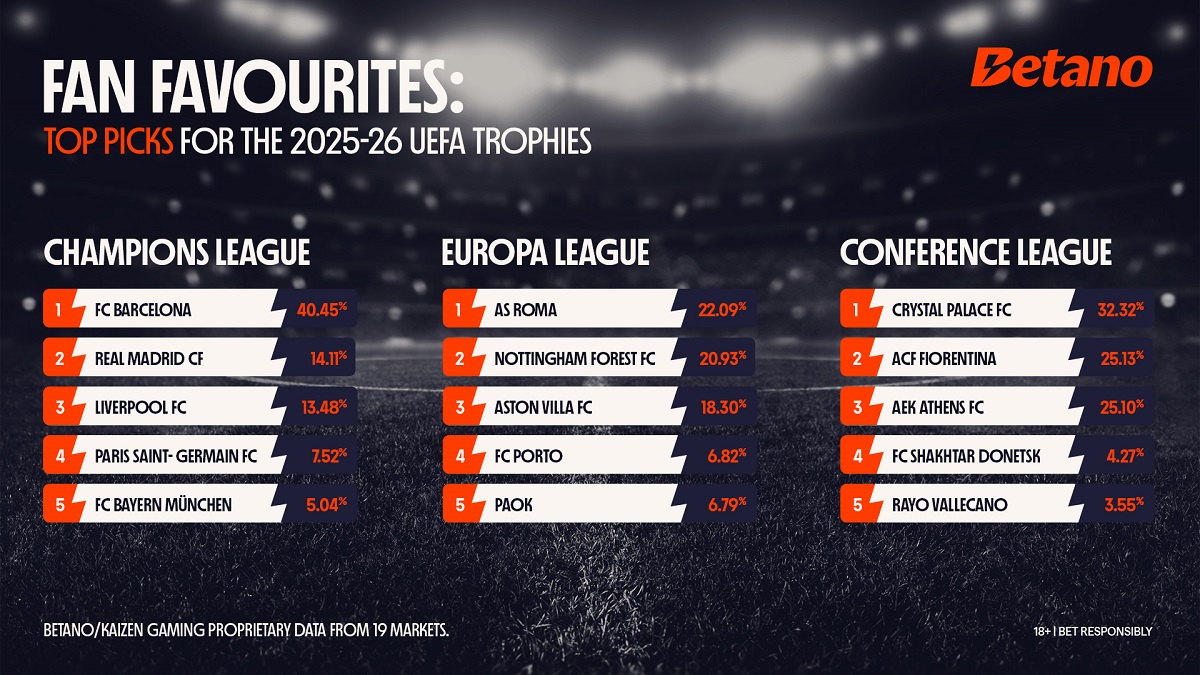
 Latest News6 days ago
Latest News6 days agoKaizen Gaming data – FC Barcelona the fan favourite to win the Champions League
-

 Latest News6 days ago
Latest News6 days agoWeek 37/2025 slot games releases
-

 Latest News6 days ago
Latest News6 days agoBehind the surge in XRP, DL Mining brings new opportunities to get 0.1BTC or 2ETH with your XRP






